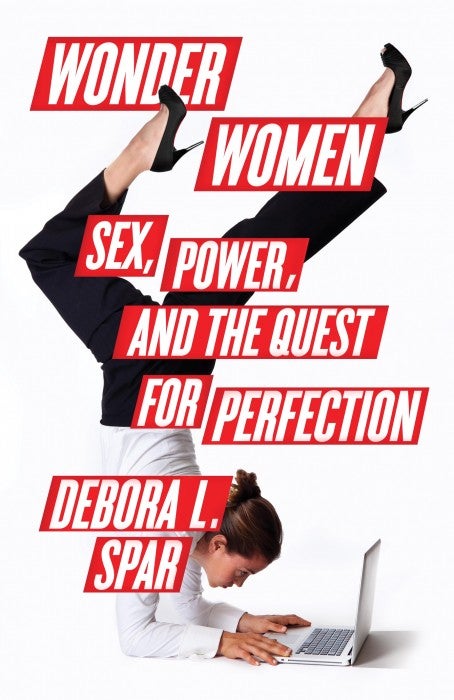In an age when the options for college-educated women seem boundless, a new debate about what women want — and whether or not they can expect to have it — is raging. On Thursday, Jan. 16, the Aspen Institute will host Barnard College President and author of “Wonder Women: Sex, Power, and the Quest for Perfection” Debora Spar in conversation with President and CEO of the New America Foundation and author of “Why Women Still Can’t Have It All” Anne Marie Slaughter.
In anticipation of the live-streamed event, scheduled for 12:15pm, the Aspen Idea blog checked in with Spar to ask her what she thinks can be done to help women balance the roles they have taken on or anticipate taking on in the future.
Aspen Idea: The central theme of “Wonder Women” is that women have been led to believe that they can have it all, but in a sense that idea is impossible. What do you hope the impact of “Wonder Women” is on both young women, like those who graduate Barnard, and the working professionals of your own generation?
Debora Spar: I hope that it makes them think more carefully about the choices they will inevitably have to make in their lives – both the things that they really want to work and fight for, and the things that they are willing to let go, or do less seriously. And I hope it reminds them to search for joy and meaning in what they do, rather than simply striving for what others around them might define as success.
AI: What kinds of policy initiatives would enable women to continue to fulfill their potential professionally while also feeling like they are fulfilling their responsibilities at home?
DS: I don’t think there is any simple policy solution. But certainly, any policies that would expand childcare options in this country, and subsidize high-quality childcare, and make it easier for organizations and individuals to provide childcare, would go a long way.
AI: Is there an example of a country or a culture that has figured it out? If so, what is the take-away for Americans from that system? Is there a sacrifice we’d have to consider?
there an example of a country or a culture that has figured it out? If so, what is the take-away for Americans from that system? Is there a sacrifice we’d have to consider?
DS: As is so frequently the case in this area, the Scandinavian countries seem to be out ahead of the curve. They – both men and women – tend to work fewer hours, even in high-powered jobs. They have extensive family leaves, and include (in some countries) mandatory paternity leaves. They have good childcare, and good public transportation, and societies in which people tend to live close to both their work places and their extended families.
AI: We often hear that the personal is political, but as women have increasingly turned toward trying to obtain personal perfection, have we forgotten the political?
DS: Yes, I think that to a large extent we have. Of course, there are many amazing women who continue to fight for a wide range of women’s causes, but I fear that much of the energy that was once devoted to the pursuit of a collective agenda has been diverted to far more personal and individualized aims.
RELATED CONTENT:


